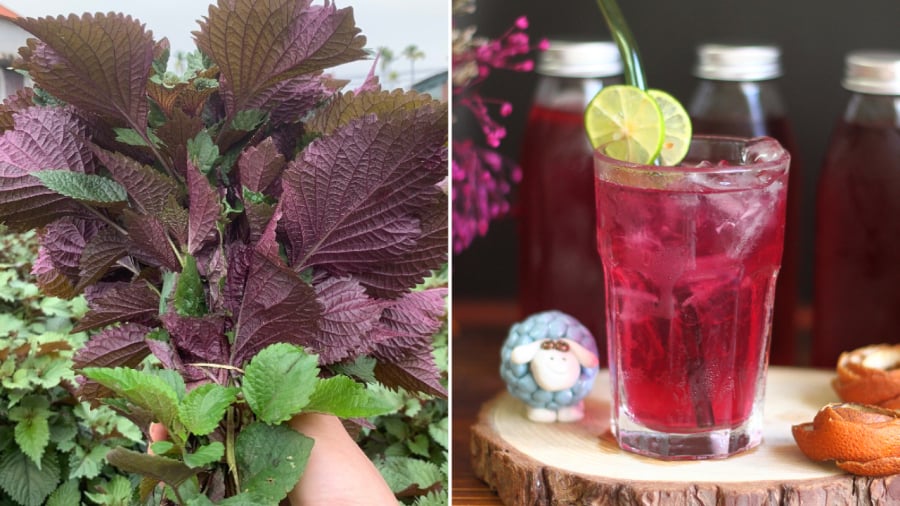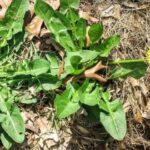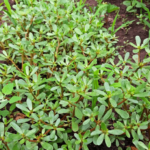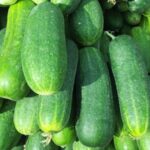Perilla, or tia to in Vietnamese, is a popular herb used in cuisine and traditional medicine. It is believed to possess various health benefits and is commonly consumed as a herbal tea.
Health Benefits of Perilla Leaves
- Boosting Metabolism
Perilla leaf tea stimulates blood flow and regulates the functions of organs. When consumed appropriately, it enhances metabolism and aids in flushing out toxins from the body.
- Improving Digestion
Drinking perilla leaf tea helps address digestive issues. Eating perilla leaves provides dietary fiber, promotes intestinal motility, and alleviates indigestion and constipation.
- Nutritional Value
Perilla leaf tea is a good source of vitamins, minerals, and antioxidants. These nutrients strengthen the body, boost immunity, support cardiovascular and cerebral health, and promote healthy vision.
- Treating Common Ailments
Perilla leaf tea is believed to aid in treating ailments such as colds, bloating, headaches, coughs, and internal heat.

Who Should Avoid Drinking Perilla Leaf Tea
- Pregnant Women
Pregnant women often experience internal heat. Perilla leaf tea is not suitable during pregnancy as it may increase blood pressure and contribute to pregnancy complications. Excessive consumption can also lead to dizziness, fatigue, constipation, and reddish urine.
- Individuals with High Blood Pressure
Perilla leaf tea is not recommended for individuals with high blood pressure. The compounds in the tea can interfere with blood pressure regulation, increasing the risk of complications. This is especially true for concentrated perilla leaf juice or strong perilla tea.
- People with Fever or High Body Temperature
Perilla is a warm and spicy herb in traditional medicine. Individuals with a fever should use it with caution to avoid excessive sweating and discomfort.
- People with Stomach Ulcers or Gastritis
The compounds in perilla leaf tea may irritate the stomach lining and stimulate excess acid production. This can worsen existing stomach ulcers and gastritis, leading to symptoms like acid reflux, abdominal pain, and nausea.
Best Time to Drink Perilla Leaf Tea
To prepare perilla leaf tea, use 10-20 grams of fresh perilla leaves with about 100ml of water, adjusting the concentration to your taste. It is recommended to drink perilla leaf tea 15-30 minutes before breakfast. You can also consume it 20 minutes before lunch and dinner. If drinking before bedtime, ensure you finish it at least 60 minutes before sleeping.
While perilla leaves offer health benefits, excessive consumption is not advised. Do not replace your daily water intake with perilla leaf tea. Consume it in moderation, similar to other herbal teas. If you are undergoing medical treatment, consult your doctor before regularly drinking perilla leaf tea to ensure it does not interfere with your medication or health condition.
Detox Your Liver and Sleep Tight: A Trio of Evening Teas to the Rescue!
Are you struggling with sleepless nights due to your evening tea habit? Bid farewell to restlessness and welcome peaceful slumber with three gentle herbal teas. Not only do these teas promote relaxation, but they also aid in effective liver detoxification. Renowned for their safety, palatability, and endorsements from both experts and modern women, these teas are the perfect solution for a restful night’s sleep.





































